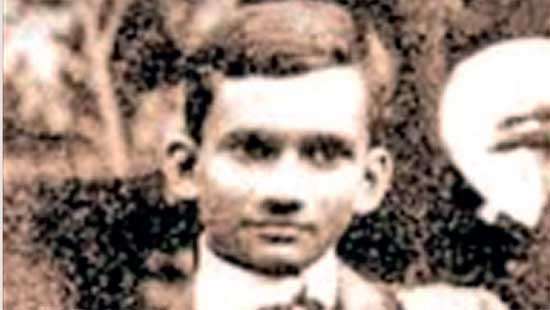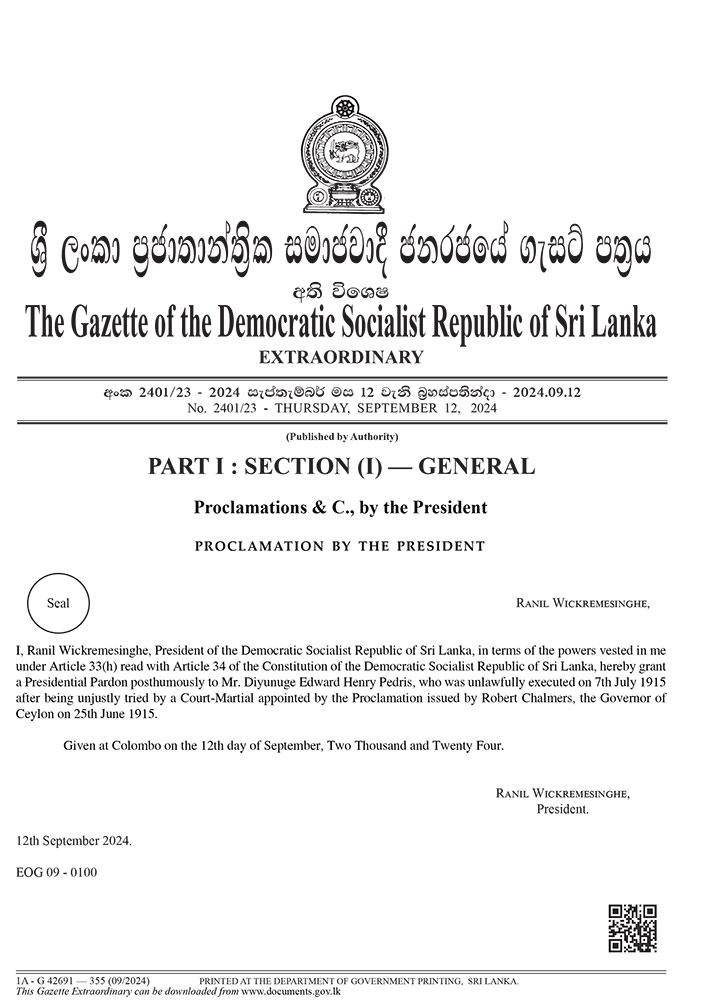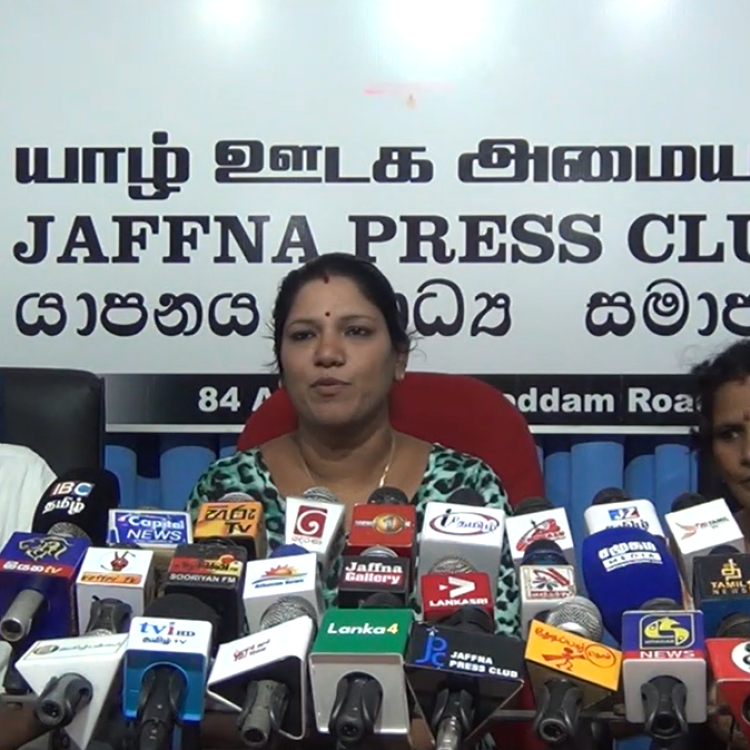
Sri Lankan President Ranil Wickremesinghe has issued a posthumous presidential pardon to Diyunuge Edward Henry Pedris, who was executed on July 7, 1915 - but not any Tamil political prisoners, dozens of whom continue to remain behind bars.
Pedris, a 27-year-old at the time of his execution, was wrongfully convicted of treason by the colonial administration, accused of participating in the 1915 riots and betraying the government. Despite numerous appeals to save his life, he was executed on July 7, 1915. The Sri Lankan cabinet approved the pardon in December 2023 after investigating the case, and this week it was formalized through an extraordinary gazette notification, acknowledging Pedris' innocence.

While Wickremesinghe has taken steps to address the case of Pedris, critics point out his failure to act on more pressing, contemporary cases of unjust imprisonment.
Many Tamil political prisoners remain in Sri Lanka’s overcrowded prisons, separated from their families and awaiting release. Recently, families of Tamil political prisoners held a media briefing, urging the government to release their loved ones, many of whom have been cleared by Sri Lankan courts but remain imprisoned.
The sister of Wigneswaran, one such Tamil political prisoner, made an emotional plea in Jaffna this week, expressing the toll of nearly three decades spent visiting her brother in prison.
"In a few weeks, it will be 30 years that he has been behind bars. What kind of life is it, having spent 30 years in a cell?" she said. "I took my child to see him, but we cannot keep doing this. We are tired of having to visit the prison for the last 29 years. We just want him home, where he belongs, with his family."
The contrast between pardoning historical figures and the ongoing plight of living Tamil political prisoners underscores the continued struggle for justice in Sri Lanka.

